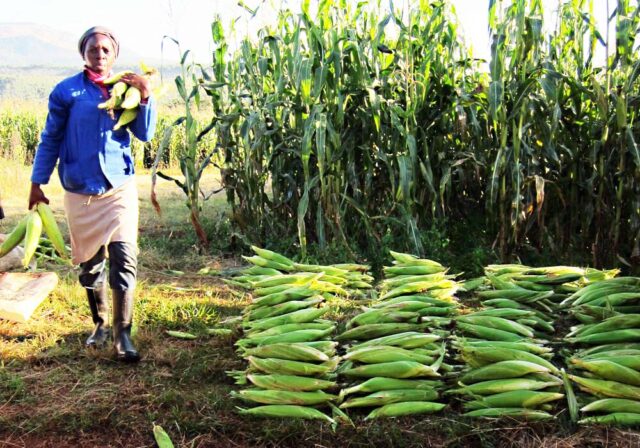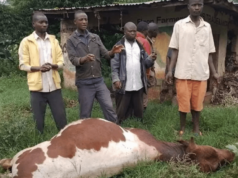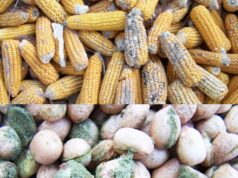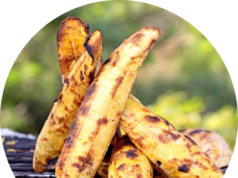By Joseph Mukiibi
There is an ongoing debate about whether farmers should adopt modern or hybrid crops, replacing traditional crops and whether they should plant seeds saved from previous harvests on their farms.
Despite government’s effort to encourage farmers to adopt improved seed varieties, the uptake among local farmers has remained low.
Some farmers and civil society organisations argue that buying seeds every planting season is an unnecessary expense and only makes farming more costly, thus reducing profits.
Hybrid or improved seed varieties are seeds from agricultural research stations and seed companies. They are often seen as new arrivals in Ugandan agriculture, aimed at destroying the ability of smallholders to freely manage their seed sources and resulting in loss of crop biodiversity.
Diana Nabukalu, a crop statistician at the Uganda Bureau of Statistics (UBOS), says a recent research revealed that 94 per cent of Ugandans prefer planting indigenous seeds instead of hybrids.
“In our research across the country, we found out that the majority of the people prefer traditional seeds to hybrids.
“However, we did not ask to know the reasons behind this, despite the government’s call to farmers to embrace improved seed varieties,” she said.
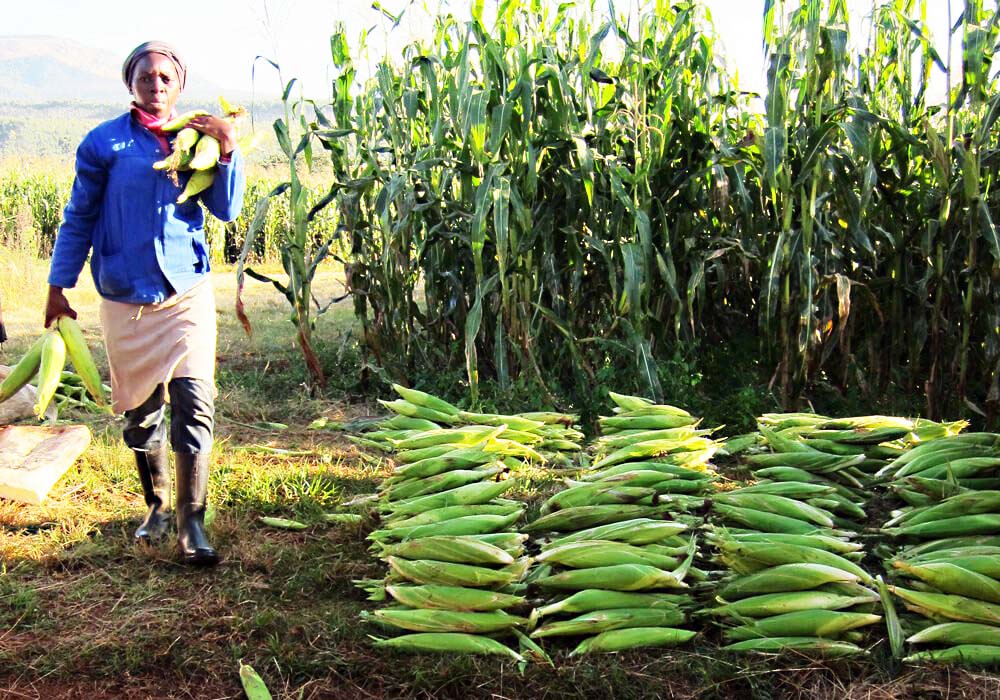
Policy
The National Seed Policy of 2018 was introduced to cultivate the transition from subsistence to a market-oriented production, and guarantee food and nutrition security for the population.
This was by ensuring improved access to affordable high-quality seed and other agricultural inputs.
According to the policy, Uganda needs a competitive, vibrant and pluralistic seed sub-sector that will enhance agricultural productivity of food and cash crops.
This is in order to support the growing population, extend her economic base and support the public and private sector to develop and promote new commercial, food and nutrition security crop varieties.
Nabukalu adds that failure to adopt new varieties could be responsible for the decline in production of the major food crops in the country, including cassava, maize, coffee, millet, rice, gnuts, soya beans, beans, simsim, Irish potatoes, and potatoes.
Hybrids
Some people even argue that when traditional farmers lose control over their sources of seed, which is going to laboratory based corporate researchers, there will be loss of crop sovereignty since each ethnic community has crops believed to be sovereign to them.
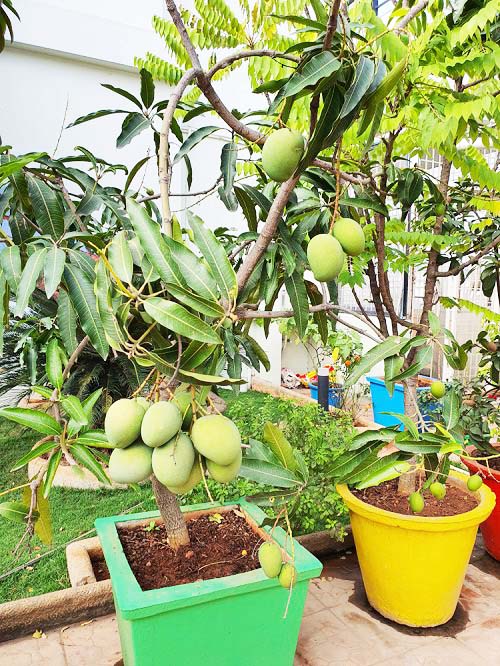
The common practice among many smallholder farmers is that they harvest some maize and reserve a few maize combs to be used as seed for the next planting season.
“The practice of saving seeds from previous harvests is carried out by the category of farmers who cannot afford to buy improved seeds or are ignorant about the advantages of sowing improved seeds,” says Nicholas Mugisha, farmer in Kampala.
Mugisha says such farmers grow food crops for their own consumption.
Mugisha, however, believes that if a farmer is serious and is doing farming as a business, they must be prepared to buy improved seeds.
“The seeds from seed companies or agricultural research organisations are clean and free from diseases.
“The farmer who plants seeds saved from the previous harvest risks using already diseased seeds,” Mugisha says.
Exotic breeds of animals are also being crossed with indigenous animals in order to improve milk production.
Scientists are also carrying out hybridisation of crops to come up with better varieties and superior yields.
Mugisha believes it is by adopting such varieties that farmers can benefit from farming as a business.
Grafting, which is the uniting of two separate plant structures and cloning which involves selecting and cutting the twigs of preferred plants and causing them to sprout, are the other ways of crop improvement.
The other way is tissue culture which uses biotechnology to propagate crops, and genetic modification which is now used in many countries to reduce pest attack on crops and to minimise the use of pesticides by farmers.
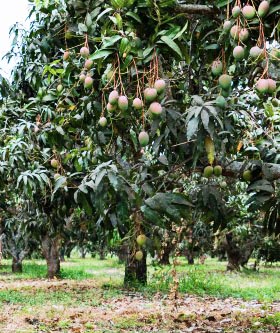
Challenge
Also given today’s climate change challenges, farmers cannot ignore the benefits of scientific agricultural research.
Due to population explosion and land fragmentation, many farmers are working on small plots of land. They, therefore, cannot plant seeds that are prone to diseases and likely to give low yields.
Mugisha advises that as much as possible, farmers should take advantage of improved seeds approved by agricultural research institutes.
Planting seeds saved from a previous harvest is risky, especially for maize farmers because the yields tend to be lower and the risk of spreading pests is greater.
In addition, most farmers do not have the capacity to store saved seeds properly, which makes it even more risky for them to plant such seeds.
















